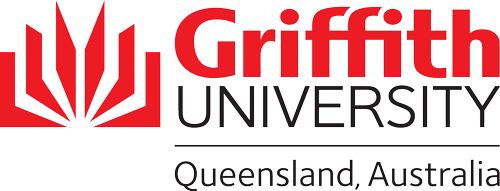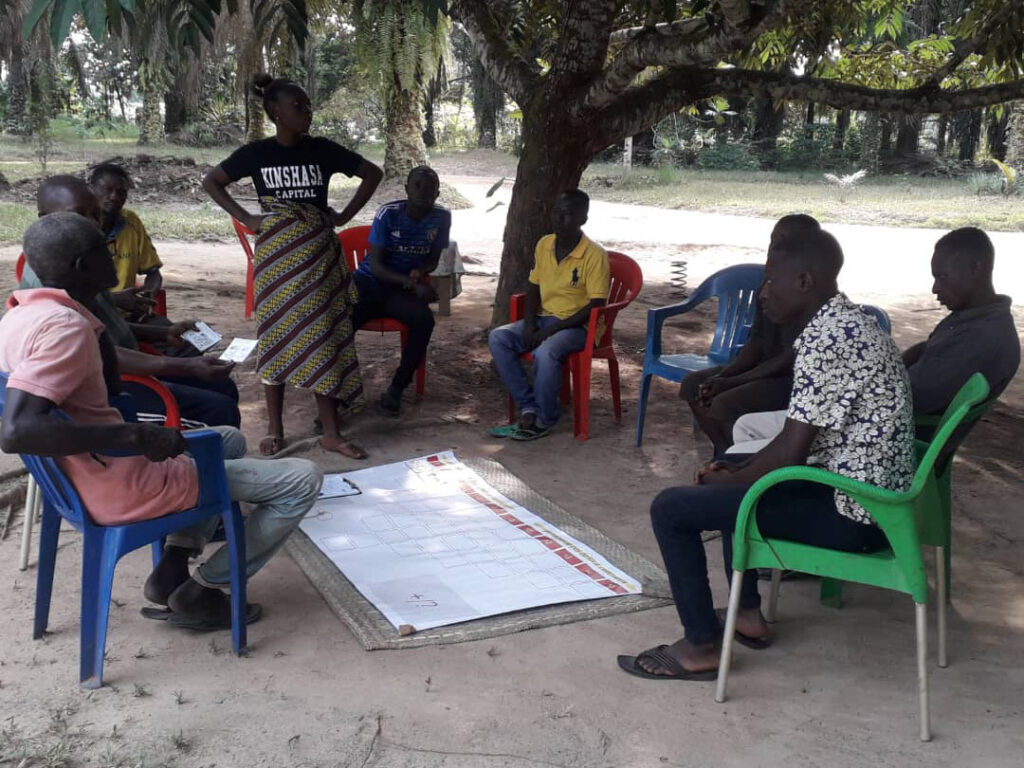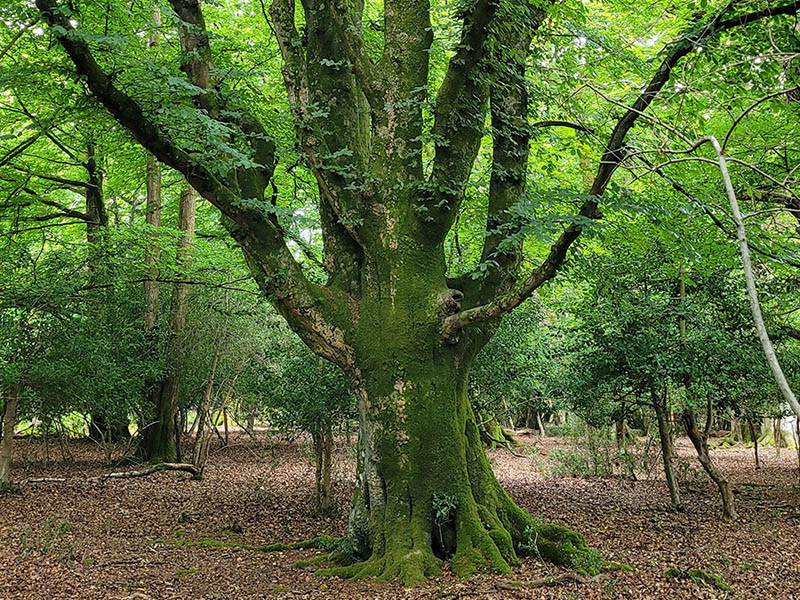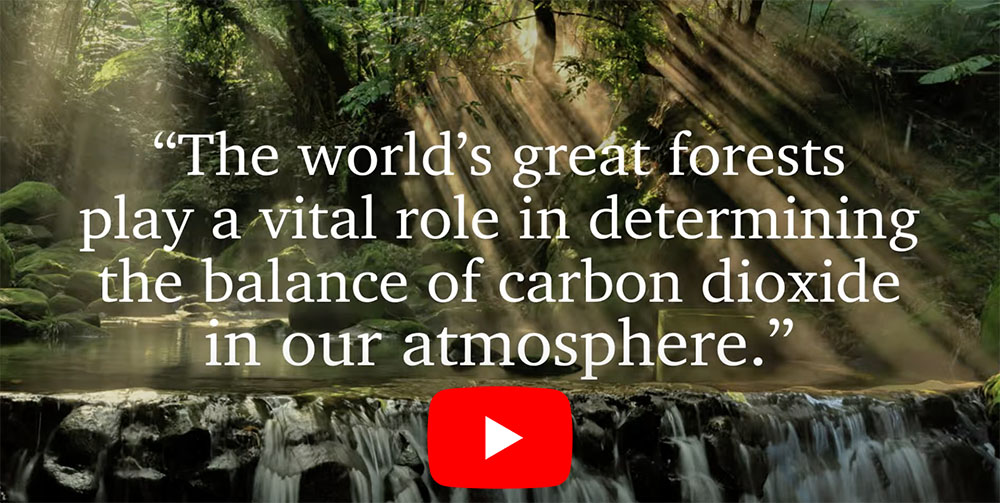Fitalew is a postdoctoral research fellow at Griffith University working in the project on tropical primary forest protection, under the Griffith Climate Change Response Program. He has taught undergraduate Economics courses at Bahir Dar University, Ethiopia, for about five years. He is enthusiastic to quantitative research, especially to the analysis of preferences using the discrete choice modelling.
Griffith University opened its doors over 40 years ago, we’ve been deeply connected to the Asian region, socially conscious and environmentally aware, an integral part of the community and heavily industry focused. We’ve also become a comprehensive, research-intensive university, ranking in the top 2% of universities worldwide. More about Griffith University.
Fitalew's project publications
Assessing community readiness for REDD+ projects in the DRC
28/10/2022
Payment for ecosystem service (PES) schemes are programmes that compensate forest communities for refraining from undertaking extractive uses, such as mining, intensive logging, and clearing. PES schemes can be important policy tools in meeting climate targets but effective deployment demands an understanding of local deforestation drivers and host communities’ preferences.
Policy brief: The economic value of the world’s forests
28/10/2022
Our planet’s forests provide many benefits to society’s continued well-being yet are subjected to ongoing loss and degradation. These activities provide financial benefits but unless we understand the value of what is lost when the forests are cleared and degraded, we will not be able to make informed decisions about their use and management.
How much is that forest worth? The economic value of global forest ecosystems
18/11/2021
The number of studies on valuation of forest ecosystem services is increasing over time, but limited in covering important regions and forest types. The values are diverse in nature for different forest features and ecological zones. The economic value is greatest when the ecosystem services are considered together, instead of when individual extractive uses are used in insolation.
Economic values of the world’s forest ecosystem services
07/11/2021
Economic studies published between 1990 and 2018 from primary forests around the world were reviewed to create a database of forest values. This database represents a 'meta-analysis' of the economic values of global forest ecosystem services in a readily comparable measure.
Regenerative forest economies: Micro-economics perspectives
08/05/2019
The micro-economics teams from Griffith University and Woods Hole Climate Research Center introduce how environmental economics can play a role in demonstrating - or quantifying (often in dollar terms) many forest values - and economics can also play a role in designing schemes that can help forest communities begin to capture the benefits provided by conservation efforts.







